The causes of insomnia
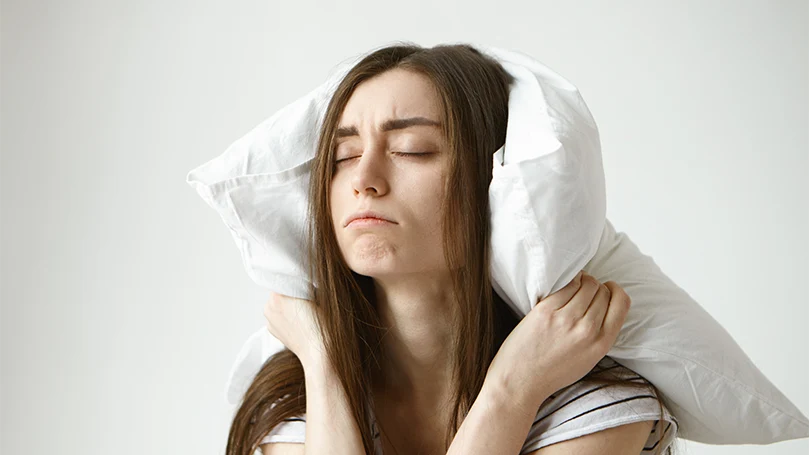
Arguably the worst thing about this annoyingly persistent sleep disorder is the fact it can be caused and triggered by a wide variety of conditions and circumstances. It rarely “just happens”, although that's possible, too. However, more often than not, it's something else that's causing difficulty falling asleep.
To fully understand what causes it, we must first differentiate between transient, short-term insomnia and chronic, long-term insomnia, as these could have different triggers and causes.
Generally speaking, transient or acute insomnia lasts for less than a week, while chronic insomnia occurs for more than three months or more, at least several times a week.
The latter is usually caused by an underlying medical condition or psychological disorder, while the former can be brought about by various situational factors, such as job stress, travel, and changes in time zone or sleep schedule.
There are numerous potential causes of insomnia, but some of the most common include:
- Anxiety and stress
- Depression
- Chronic pain
- Medications
- Caffeine
- Nicotine
- Alcohol
- Recreational drugs
- Noise, light, temperature or otherwise suboptimal sleeping environment
- Uncomfortable beds
- Jet lag
- Shift work.
In addition to these, you could be losing restful slumber because of one of the following underlying conditions:
- Alzheimer's or Parkinson's disease
- Schizophrenia or bipolar disorder
- Hormonal imbalance
- Restless leg syndrome
- Sleep apnea
- Menopause.
As you can see, the list goes on and on, and what's even more disturbing is that most of us use or experience a great number of things listed the first time around. So, it's safe to say that most of us will, at some point, experience insomnia in some way, shape or form.
The symptoms of insomnia
There are quite a few insomnia symptoms, and while they might differ from one another, they all have one thing in common – they cause sleep problems. Whether it's severe or mild sleep issues, the effects of insomnia can be far-reaching and pretty significant, affecting every aspect of our lives.
On that note, the most common symptoms of insomnia include:
Problems with falling asleep
While it's not necessarily true you're suffering from insomnia if you can't fall asleep once in a while, if the problem persists for more than a week, it might be time to start looking for a solution.
If you're frequently tossing and turning at night, trying every position in the book, and counting sheep until you run out of numbers, but still can't seem to drift off to sleep, chances are you're dealing with insomnia.
Waking up in the middle of the night

This is another pretty common symptom of insomnia and one that can have a significant impact on your sleep quality and quality of life overall.
Disrupting your natural sleep cycle by waking up in the middle of the night can cause all sorts of problems, including fatigue, brain fog, and irritability.
Not only will you lose restorative deep sleep, but you'll most likely miss out on precious, memory-consolidating REM sleep, too, all of which will have a detrimental outcome on the quality of your day-to-day life.
Restless sleep
Finally, if you find yourself tossing and turning at night, unable to get comfortable, or waking up feeling just as tired as when you went to bed, you might be dealing with restless sleep.
While it's not exactly the same as insomnia, it is an indication of it, and it can still have a pretty significant impact on your sleep, leaving you feeling out of sorts and struggling to stay asleep during the day.
How to cure insomnia in 12 minutes?
Aside from taking sleep medications prescribed by the doctor, there are other, less invasive ways to deal with insomnia. Most of these practices are super easy to implement, and almost all of them require less than 12 minutes of your time. So, let's check them out!
Make your bedroom dark at night
How much do you think it takes to pull down the shades and turn off the electronics in the room? Less than 12 minutes we'd say.
Since light is not your best friend, in this case, you should make it a point to create an optimal sleeping environment by keeping your bedroom dark throughout the night.
Also, consider investing in some blackout curtains to further reduce the amount of light seeping in from outside.
Read every night before sleep

Instead of aimlessly scrolling through TikTok, Instagram Reels and YouTube Shorts, grab a book and read. You can read for five, ten, twelve, or even sixty minutes if you please, but that's not the point. The point is to do something calming and relaxing before bedtime so you can ease into sleep mode without any issues.
And, if you find it hard to focus on the words in front of you, try reading fiction books that will help you escape reality for a bit and drift off to sleep in no time.
Get yourself a weighted blanket
Weighted blankets are known for their calming and relaxing properties, and if you're struggling with insomnia, they might just be the answer to your prayers.
These blankets work by providing gentle pressure on the body, which has a calming and soothing effect, similar to that of a hug.
Plus, they're super comfortable if you choose the optimal weight, so no worries there. You won't get squished!
For the ultimate relaxation experience, consider trying The Heaviest Weighted Blanket, which weighs in at a whopping 50 pounds. It's not for everyone, but if you're looking for a truly deep and restful sleep, it might be just what you need.
Practice meditation/yoga
You'd be surprised just how relaxed you could get if you were to do twelve minutes of yoga or spend twelve minutes humming your mantra while meditating. It doesn't have to be anything fancy or complicated. Just a simple yoga sequence or some deep breathing exercises should do the trick.
But, if you want to get good at it – here's a neat trick. Read a book on yoga or meditation before you go to sleep, and then put your newfound knowledge to good use.
Exercise

If being calm and still isn't your cup of tea, then maybe you should try the opposite and get your heart rate up with some good old exercise.
The benefits of exercise are vast, and they go way beyond weight loss and muscle gain.
For instance, exercise has been shown to improve slumber quality, as well as increase the amount of time you spend in the deep and REM stages of sleep.
Furthermore, it can also help reduce stress and anxiety levels, two of the most common culprits behind insomnia.
So, if you find yourself struggling to sleep at night, try going for a run, do some weighted workouts, or even just going for a bike ride around the block. Just don't do it right before you go to bed. That could have the opposite impact.
Start an air purifier & humidifier
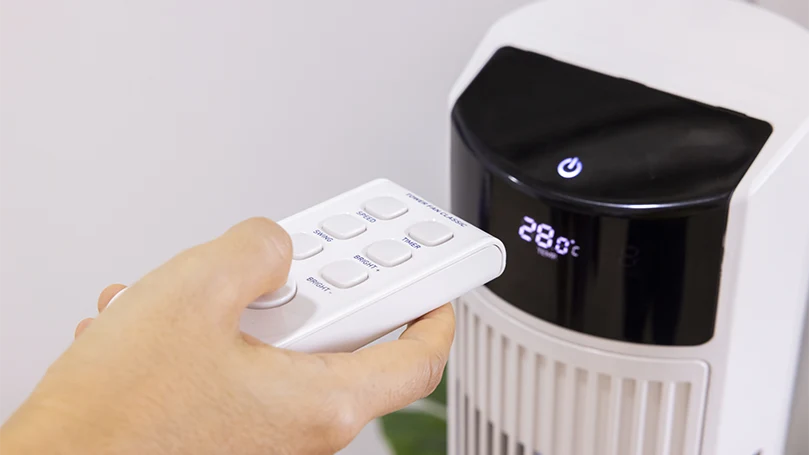
Depending on the level of humidity and air quality in your home, an air purifier and humidifier might just be the key to a good night's sleep.
Dry air can cause a number of issues, such as dehydration or nosebleeds, and it can also worsen conditions like asthma and allergies. So, grab a humidifier and some essential oils, and make your room perfect for slumber.
On the other hand, too much humidity can create an environment that's conducive to the growth of mould and dust mites, both of which can trigger allergies and cause respiratory problems.
Therefore, it's important to find a happy medium, and an air purifier and humidifier can help you do just that.
Drink herbal teas

Before you rush to brew a batch of Earl Grey – slow down. That's not the tea you should be drinking to induce sleep. Herbal teas like chamomile, lavender, and lemon balm are all excellent choices when it comes to winding down for the night.
These teas contain compounds that have a calming and relaxing effect on the body, and they're also great for soothing an upset stomach if that's something that's potentially keeping you up at night. Not to mention that tea also has other health benefits!
Avoid caffeine, alcohol & cigarettes 3 hours before sleep
This trinity of stimulants will aggravate pretty much any of the sleep disorders you might be struggling with – including insomnia.
Caffeine, alcohol, and cigarettes are all known to increase alertness and energy levels, which is the last thing you want when you're trying to sleep. So, if you find yourself struggling to fall asleep, make sure you steer clear of these substances at least three hours before bedtime.
Adjust your diet
This one will take a tad more than twelve minutes to fully set up, but it's worth it in the long run. What you eat (or don't eat) can have a significant impact on your sleep, so it's essential to be mindful of what you're putting into your body.
For example, foods that are high in sugar or trans fats can all lead to increased levels of anxiety, stress, inflammation, restless stomach etc. What they'll also do is cause you to crash during the day, leading to daytime naps and resulting in less nighttime sleep and so on.
On the other hand, foods that are rich in protein and fibres, magnesium, calcium, and omega-3 fatty acids will have a very positive impact on your mind and body, keeping healthy and happy, and more importantly your energy levels nice and even throughout the day, and ideally-low for sleep when it gets dark. So, it's important to take note of which foods you should eat before bed and which you should avoid.
Get a massage
Some studies have shown that massage therapy can help manage insomnia by relaxing and unwinding the body and raising sleep quality. So, if you're having trouble sleeping at night, ask your partner or a loved one to give you a good back rub before you hit the bed. It should help.
One important tip for getting rid of insomnia
One final piece of advice that should help you overcome insomnia is understanding how important it is to get to bed on time and get gently awakened by the sunlight. If you can do these two things, you're well on your way to beat insomnia for good. So, make sure you get to bed at the same time each night and try to expose yourself to sunlight as soon as you wake up in the morning.
Not only will this help you wake up easier, but it will also help you absorb some vitamin D, a vitamin crucial for regulating your sleep patterns.
You may not know this but, vitamin D is also involved in regulating melatonin levels in your body. And, as you do know, melatonin is a hormone that makes you feel sleepy and when its levels are low, it can be hard to drift away.
So, by getting some sunlight exposure in the morning (for, you've guessed it, about 12 minutes), you're helping to regulate your melatonin levels and setting yourself up for a great night's sleep.
Conclusion
So, if you're one of the many people struggling with insomnia, don't worry. As we've learned in this article, there are some 12-minute practices and routines you can follow to help you overcome insomnia and get the good night's rest you need and deserve.
Just remember, consistency is key. So, find what works for you and stick to it. Insomnia is a pesky, but very much treatable and curable condition and with a little effort on your part. So, while the title “how to cure insomnia in 12 minutes”, is a bit misleading, you absolutely can conquer this sleep disorder in time!

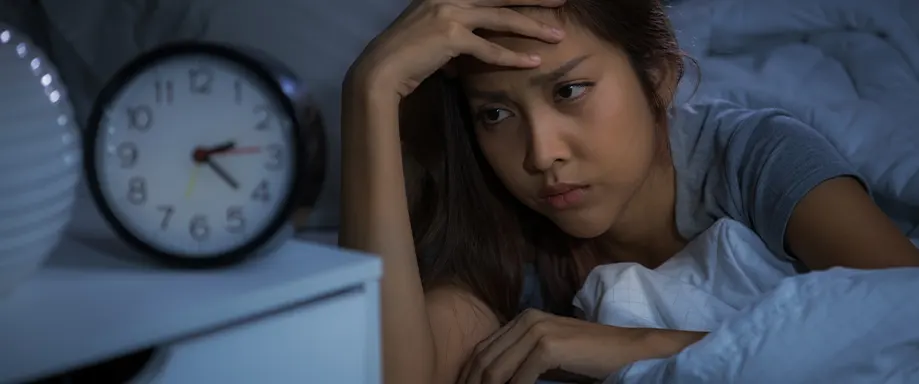
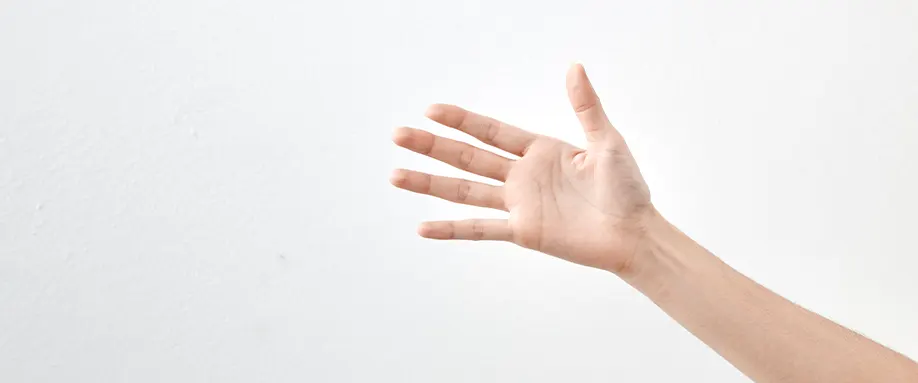
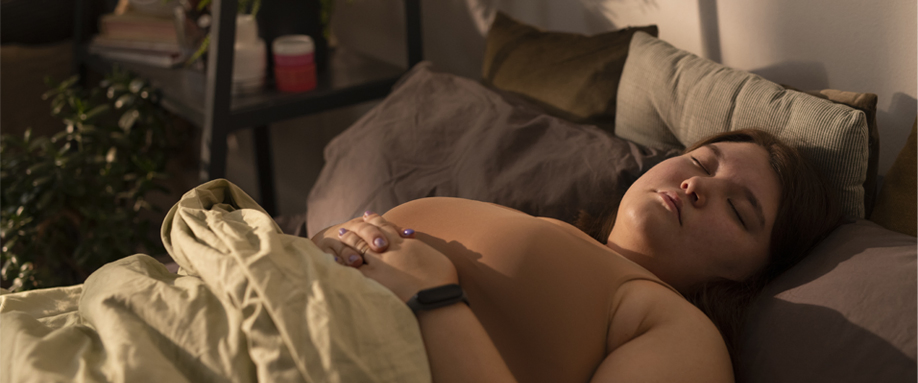











There are no comments yet
"*" indicates required fields